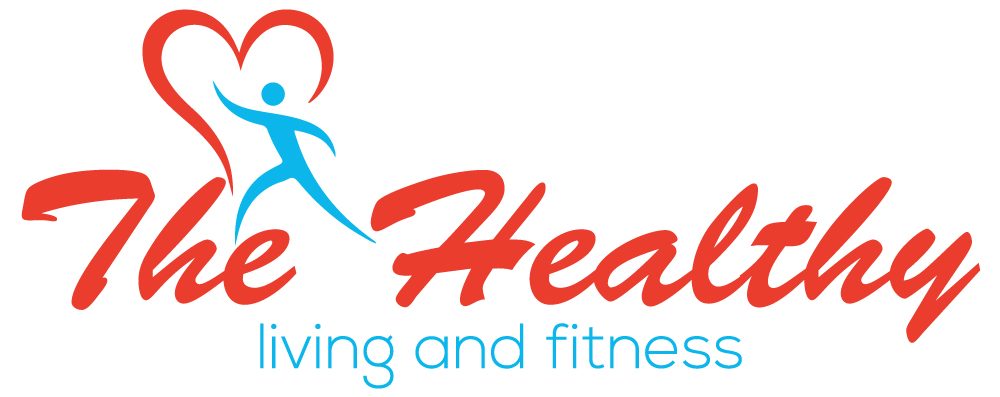There are many different things that affect sleep and the quality of the rest that we get each night such as caffeine consumption, an over-stimulated brain and even medical conditions that make a person more inclined to sleep poorly. In fact, those who regularly wake up feeling unrested may not be making their way through the four stages of the sleep cycle – and this can affect the body’s ability to rest and recuperate. Read on as we explain the four different stages and their purpose in the sleep cycle…
Stage One
Also known as the ‘dozing’ stage, this is when the mind begins to feel sleepy and may be drifting in and out of consciousness. The majority of us do not remember this stage because it only lasts for 1-5 minutes, however since the brain hasn’t fully relaxed a person may be easily woken up if they are disturbed.
Stage Two
Moving onto the second stage of the sleep cycle, the body drops in temperature, muscles begin to relax and both breathing and heart rate begin to slow down as a person enters a more subdued state. The average length of this sleep stage is 10-25 minutes and it generally gets longer as each sleep cycle comes around.
Stage Three
Deep sleep is when a person manages to make it to the third stage of the sleep cycle without being disturbed, and the body relaxes so much that it can be difficult to wake someone up at this point. It is generally believed by experts that this is the stage for restorative sleep where recovery and growth is undertaken by the body. A person will spend 20-40 minutes in stage 3 and these will get shorter as each cycle progresses in order to allow for more R.E.M sleep.
Stage Four
As the body nears waking, a person will enter R.E.M (Rapid Eye Movement) sleep patterns which are considered to be the fourth and final stage of the sleep cycle. During this period, the muscles are temporarily paralyzed, with the exception of the eyes and muscles that control breathing, which can sometimes lead to a phenomenon known as lucid dreaming. It is thought that a person won’t enter R.E.M until they’ve been asleep for 90 minutes, the average length of a sleep cycle, however this can differ from person to person. From insomnia to sleep apnea, issues that affect the sleep cycle can be treated by trained medical professionals when there is a medical influence. On the other hand, regular people who struggle to sleep soundly may find that each sleep cycle is being disturbed by normal, everyday things. This means that making simple changes like avoiding an excess of blue light or shutting off technology 15-minutes before you go to sleep can
